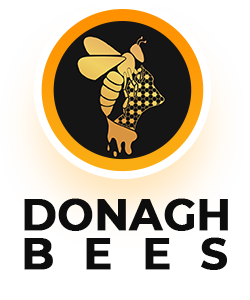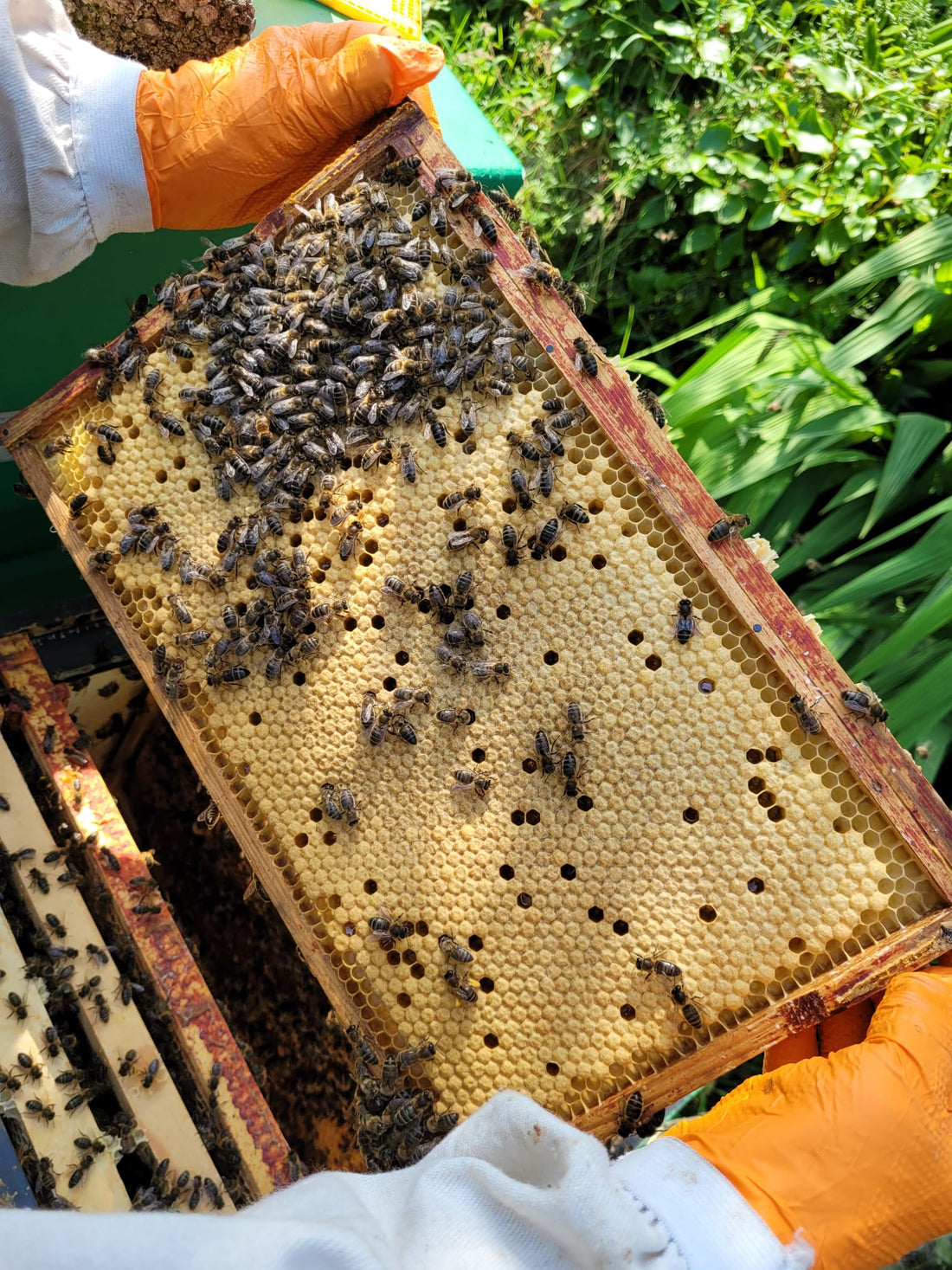As spring approaches in Ireland, beekeepers and nature enthusiasts alike are eagerly anticipating the start of a new bee season. With the winter months behind us, honeybees will soon be emerging from their hives to begin their vital work of pollination and honey production.
For beekeepers, this is an exciting time of year as they prepare for the arrival of new bees and begin to inspect and care for their existing colonies. This is a critical time for bees, as they will need plenty of food and a healthy environment to thrive and reproduce.
One of the most important tasks for beekeepers at the start of the season is to check for any signs of disease or infestation in their hives. This is essential to ensure that the bees are healthy and able to carry out their important role in the ecosystem.
Beekeepers will also be keeping a close eye on the weather as the season progresses, as this can have a significant impact on bee activity and honey production. A warm and dry spring will encourage bees to forage and produce honey, while wet and cold weather can limit their ability to leave the hive and gather nectar.
As the season progresses, bees will be busy collecting nectar and pollen from flowers and other plants. This not only provides food for the bees themselves, but also plays a vital role in pollinating crops and other vegetation, helping to maintain the health and diversity of our natural environment.
For nature lovers, the arrival of a new bee season is an opportunity to appreciate the important role that bees play in our ecosystem, and to take steps to support them. Planting flowers and other plants that provide food and shelter for bees, reducing pesticide use, and supporting local beekeepers are all ways in which we can help to protect and nurture these important pollinators.
In summary, the start of a new bee season in Ireland is a time of excitement and anticipation for beekeepers and nature enthusiasts alike. By working together to support healthy bee colonies and promote a thriving environment, we can help to ensure the continued health and vitality of these important insects and the ecosystems they support.

